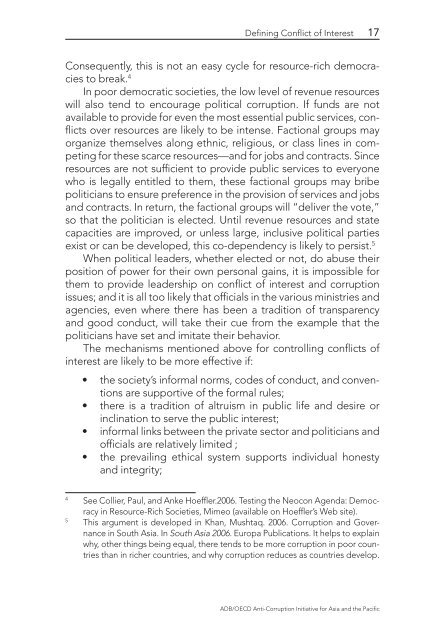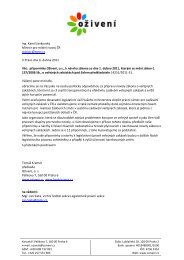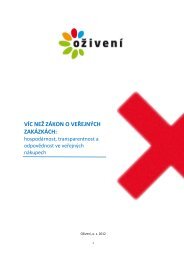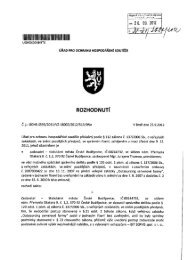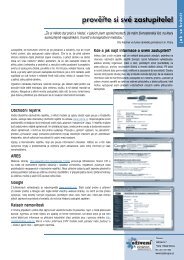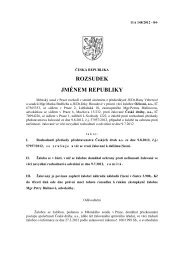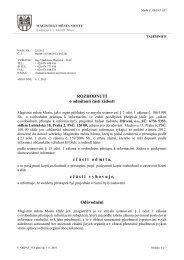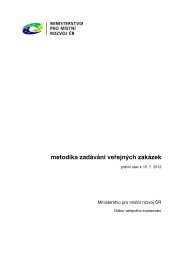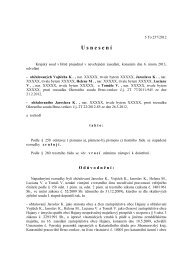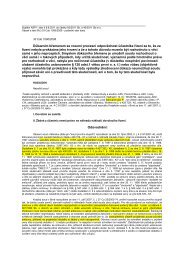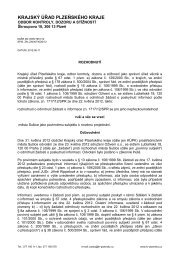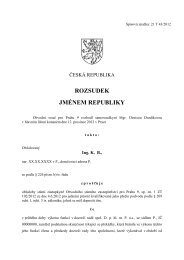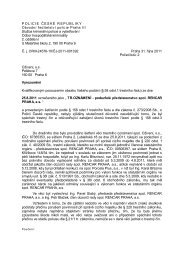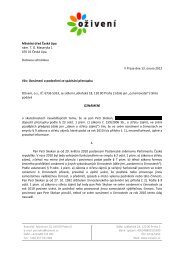Managing Conflict of Interest - Organisation for Economic Co ...
Managing Conflict of Interest - Organisation for Economic Co ...
Managing Conflict of Interest - Organisation for Economic Co ...
Create successful ePaper yourself
Turn your PDF publications into a flip-book with our unique Google optimized e-Paper software.
Defining <strong><strong>Co</strong>nflict</strong> <strong>of</strong> <strong>Interest</strong> 17<strong>Co</strong>nsequently, this is not an easy cycle <strong>for</strong> resource-rich democraciesto break. 4In poor democratic societies, the low level <strong>of</strong> revenue resourceswill also tend to encourage political corruption. If funds are notavailable to provide <strong>for</strong> even the most essential public services, conflictsover resources are likely to be intense. Factional groups mayorganize themselves along ethnic, religious, or class lines in competing<strong>for</strong> these scarce resources—and <strong>for</strong> jobs and contracts. Sinceresources are not sufficient to provide public services to everyonewho is legally entitled to them, these factional groups may bribepoliticians to ensure preference in the provision <strong>of</strong> services and jobsand contracts. In return, the factional groups will “deliver the vote,”so that the politician is elected. Until revenue resources and statecapacities are improved, or unless large, inclusive political partiesexist or can be developed, this co-dependency is likely to persist. 5When political leaders, whether elected or not, do abuse theirposition <strong>of</strong> power <strong>for</strong> their own personal gains, it is impossible <strong>for</strong>them to provide leadership on conflict <strong>of</strong> interest and corruptionissues; and it is all too likely that <strong>of</strong>ficials in the various ministries andagencies, even where there has been a tradition <strong>of</strong> transparencyand good conduct, will take their cue from the example that thepoliticians have set and imitate their behavior.The mechanisms mentioned above <strong>for</strong> controlling conflicts <strong>of</strong>interest are likely to be more effective if:• the society’s in<strong>for</strong>mal norms, codes <strong>of</strong> conduct, and conventionsare supportive <strong>of</strong> the <strong>for</strong>mal rules;• there is a tradition <strong>of</strong> altruism in public life and desire orinclination to serve the public interest;• in<strong>for</strong>mal links between the private sector and politicians and<strong>of</strong>ficials are relatively limited ;• the prevailing ethical system supports individual honestyand integrity;4See <strong>Co</strong>llier, Paul, and Anke Hoeffler.2006. Testing the Neocon Agenda: Democracyin Resource-Rich Societies, Mimeo (available on Hoeffler’s Web site).5This argument is developed in Khan, Mushtaq. 2006. <strong>Co</strong>rruption and Governancein South Asia. In South Asia 2006. Europa Publications. It helps to explainwhy, other things being equal, there tends to be more corruption in poor countriesthan in richer countries, and why corruption reduces as countries develop.ADB/OECD Anti-<strong>Co</strong>rruption Initiative <strong>for</strong> Asia and the Pacific


